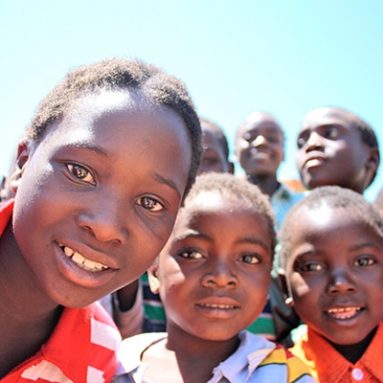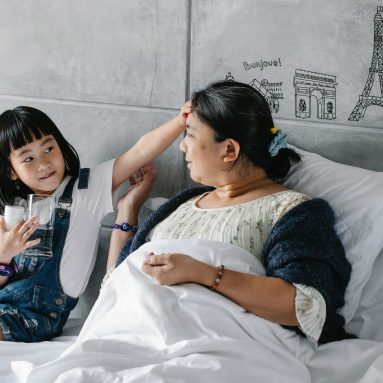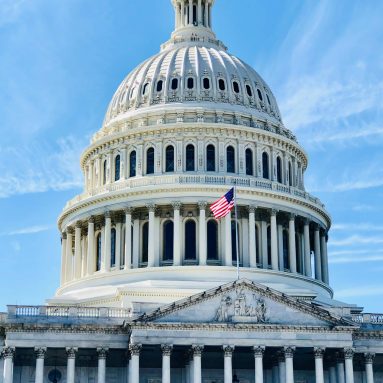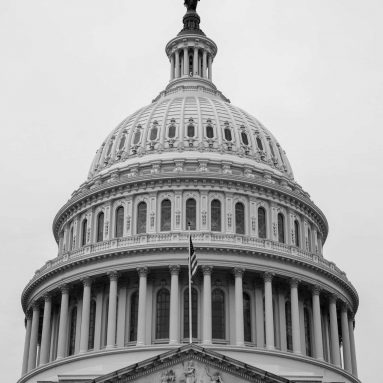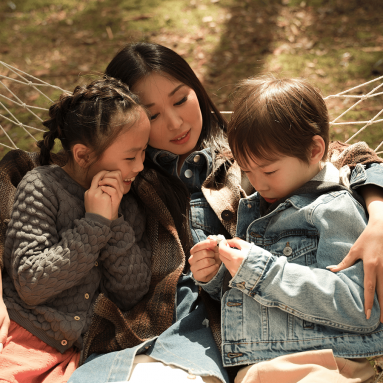- Children & Youth, Children and Families, Immigrant Survivors
Kids should not be separated from their families. U.S. Senator Kirsten Gillibrand (D-NY) introduced the Protection of Kids in Detention (PROKID) Act, which would improve and enforce transparency, protection, and accountability for all immigrant children in government custody. The PROKID Act would ensure that the rights afforded to children by the Flores Settlement Agreement, the 2008 Trafficking Victims Protection Reauthorization Act (TVPRA), and other relevant statutes and standards are properly enforced.




